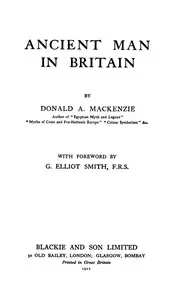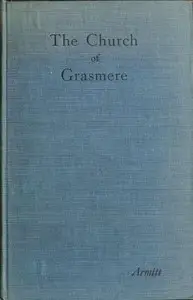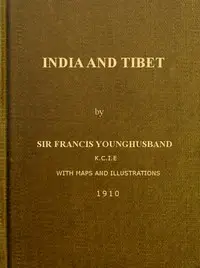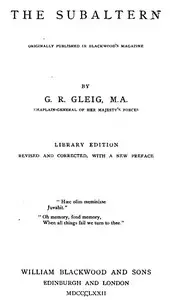"The Second Part of King Henry the Sixth" by William Shakespeare is a historical drama that showcases the intense battle for control of England during the Wars of the Roses. The story is filled with desire for power, disloyalty, and the difficult choices faced by those in charge. Key characters are King Henry VI, Queen Margaret, Duke Humfrey, and the Duke of York, who all want to be the most powerful. After Duke Humfrey's death, the play opens with a kingdom full of secret plans and worried people. Queen Margaret comes to England to marry King Henry VI, but this event covers up the fighting happening below the surface. Duke Humfrey feels betrayed as others like the Duke of Suffolk and the Cardinal try to trick him and take control. The other nobles are unhappy with the possible loss of French lands, adding to the danger and setting the scene for a major conflict that will change England forever.

The Second Part of King Henry the Sixth
By William Shakespeare
In a kingdom torn by ambition and treachery, a king's rule hangs in the balance as rivals plot to steal his throne.
Summary
About the AuthorWilliam Shakespeare was an English playwright, poet and actor. He is widely regarded as the greatest writer in the English language and the world's pre-eminent dramatist. He is often called England's national poet and the "Bard of Avon". His extant works, including collaborations, consist of some 39 plays, 154 sonnets, three long narrative poems and a few other verses, some of uncertain authorship. His plays have been translated into every major living language and are performed more often than those of any other playwright. Shakespeare remains arguably the most influential writer in the English language, and his works continue to be studied and reinterpreted.
William Shakespeare was an English playwright, poet and actor. He is widely regarded as the greatest writer in the English language and the world's pre-eminent dramatist. He is often called England's national poet and the "Bard of Avon". His extant works, including collaborations, consist of some 39 plays, 154 sonnets, three long narrative poems and a few other verses, some of uncertain authorship. His plays have been translated into every major living language and are performed more often than those of any other playwright. Shakespeare remains arguably the most influential writer in the English language, and his works continue to be studied and reinterpreted.








![The Works of William Shakespeare [Cambridge Edition] [Vol. 5 of 9] by William Shakespeare](https://cdn.a2-host.cloud/remmS1sfmKEji-arnERT1lYN3qcedCwDu2qh0jul4gw/rs:fill:215:325:0/g:ce/aHR0cHM6Ly9zcC1hc3NldHMuczMudXMtd2VzdC0wMDQuYmFja2JsYXplYjIuY29tL2Jvb2svNDkyOTcvVGhlX1dvcmtzX29mX1dpbGxpYW1fU2hha2VzcGVhcmVfQ2FtYnJpZGdlX0VkaXRpb25fVm9sXzVfb2ZfOV9jb3Zlci5qcGc.webp)
![Measure for Measure
The Works of William Shakespeare [Cambridge Edition] [9 vols.] by William Shakespeare](https://cdn.a2-host.cloud/ehEocRG90ukUkbwfJdrrEy6hacNlUyWwy74BxJVSo6c/rs:fill:215:325:0/g:ce/aHR0cHM6Ly9zcC1hc3NldHMuczMudXMtd2VzdC0wMDQuYmFja2JsYXplYjIuY29tL2Jvb2svMjMwNDUvTWVhc3VyZV9mb3JfTWVhc3VyZV9UaGVfV29ya3Nfb2ZfV2lsbGlhbV9TaGFrZXNwZWFyZV9DYW1icmlkZ2VfRWRpdGlvbl85X3ZvbHNfY292ZXIuanBn.webp)









